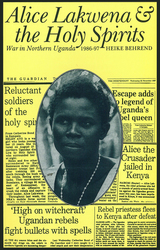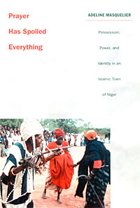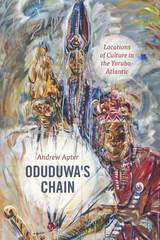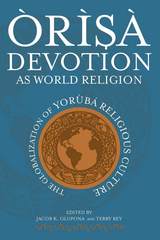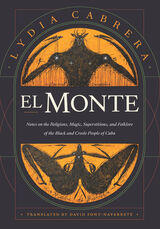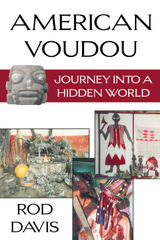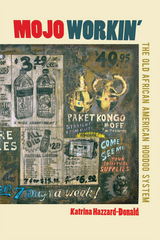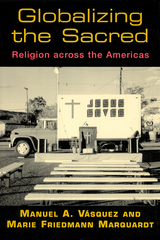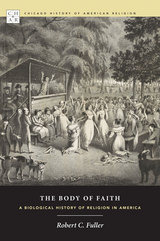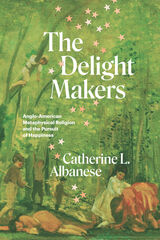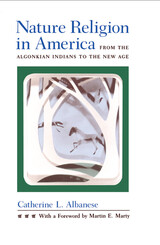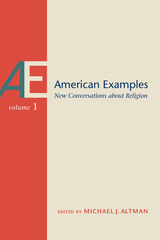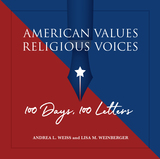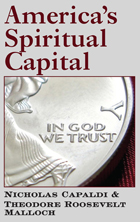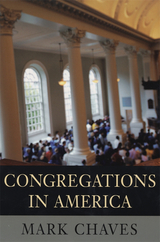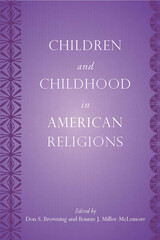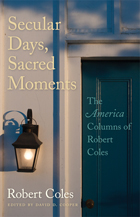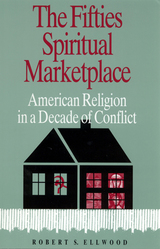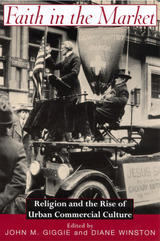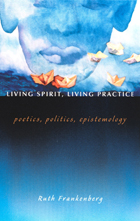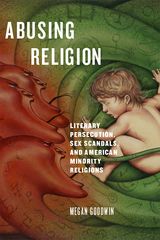American Congregations, Volume 2: New Perspectives in the Study of Congregations
University of Chicago Press, 1994
Paper: 978-0-226-90189-3 | Cloth: 978-0-226-90188-6
Library of Congress Classification BL2525.A525 1994
Dewey Decimal Classification 291.650973
Paper: 978-0-226-90189-3 | Cloth: 978-0-226-90188-6
Library of Congress Classification BL2525.A525 1994
Dewey Decimal Classification 291.650973
ABOUT THIS BOOK | AUTHOR BIOGRAPHY | TOC
ABOUT THIS BOOK
American Congregations, Volume 2: New Perspectives in the Study of Congregations builds upon the empirical foundation provided by the historical studies in volume 1 of the Congregational History Project. Volume 2 addresses three crucial questions: Where is the congregation located on the broader map of American cultural and religious life? What are the distinctive qualities, tasks, and roles of the congregation or parish in American culture? And, what patterns of leadership characterize American congregations?
Published simultaneously, these two volumes combine engaging historical studies with incisive scholarsly analysis to focus attention on the central role of congregational studies in research and teaching of American religion.
"This two volume study of American congregations is of compelling importance to anyone interested in civil society, community, and belief in contemporary America. . . . Extraordinarily rich in detail."—Association for Research on Non-profit Organizations and Voluntary Action News
"[An] informative and stimulating study."—John A. Saliba, Journal of Contemporary Religion
"These congregational histories are important pieces of both social and religious history. They tell us much about the convictions and experience of a great variety of people, different styles of leadership and of how these distinctive local cultures both bear and shape the larger traditions they represent."—Gordon Harland, Studies in Religion
"Both volumes of American Congregations resulted from pioneering efforts, and they are timely and useful. They should force American religious historians to ask new questions. . . . Any American religious historian who fails to take this two-volume work seriously in the future will find his or her own scholarship terribly deficient."—Lewis V. Baldwin, Journal of American History
Published simultaneously, these two volumes combine engaging historical studies with incisive scholarsly analysis to focus attention on the central role of congregational studies in research and teaching of American religion.
"This two volume study of American congregations is of compelling importance to anyone interested in civil society, community, and belief in contemporary America. . . . Extraordinarily rich in detail."—Association for Research on Non-profit Organizations and Voluntary Action News
"[An] informative and stimulating study."—John A. Saliba, Journal of Contemporary Religion
"These congregational histories are important pieces of both social and religious history. They tell us much about the convictions and experience of a great variety of people, different styles of leadership and of how these distinctive local cultures both bear and shape the larger traditions they represent."—Gordon Harland, Studies in Religion
"Both volumes of American Congregations resulted from pioneering efforts, and they are timely and useful. They should force American religious historians to ask new questions. . . . Any American religious historian who fails to take this two-volume work seriously in the future will find his or her own scholarship terribly deficient."—Lewis V. Baldwin, Journal of American History
See other books on: Institutions & Organizations | Leadership | New Perspectives | Religious institutions | Volume 2
See other titles from University of Chicago Press

